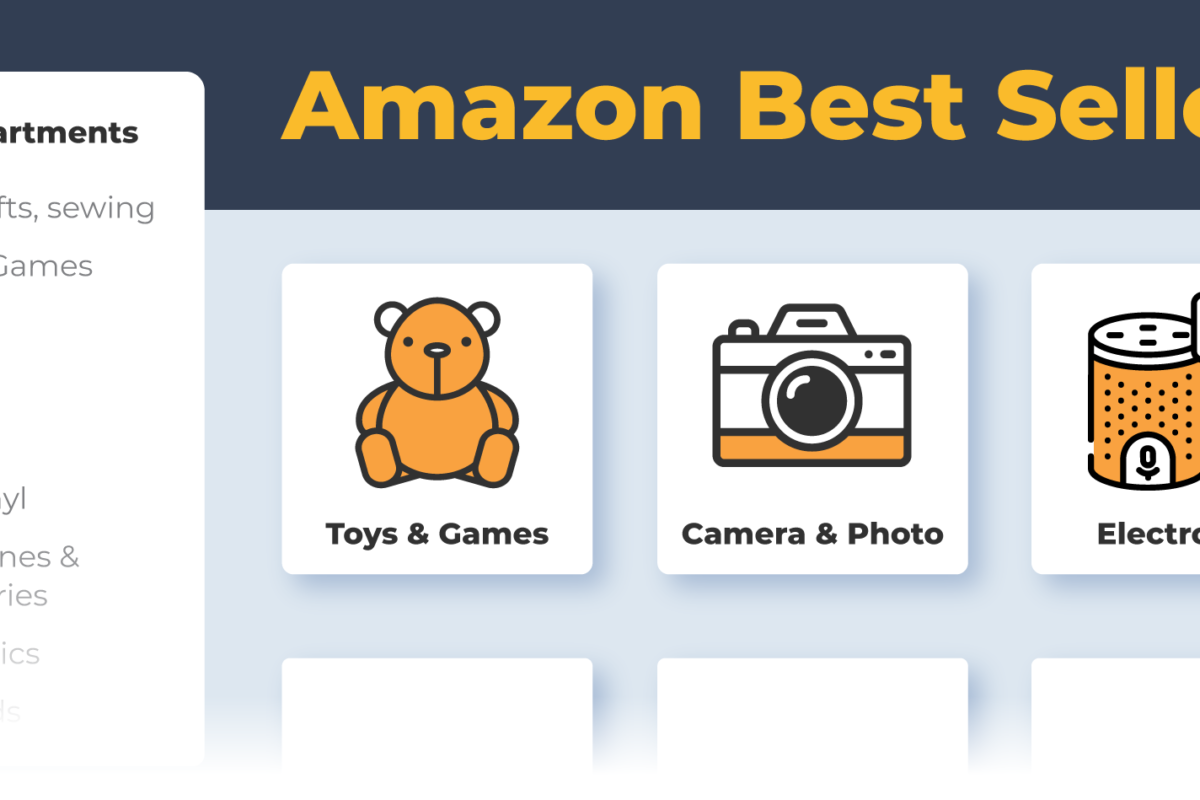The news that Microsoft has hired a senior Wal-Mart executive to spearhead a move into retail will not come as much of a shock. These days retailers run the world, and companies like Microsoft, which have typically supplied big retail, are now increasingly drawn to the idea of opening up for themselves. The marketing advantages are great.
First you keep the margins that retailers usually extract from you. You also gain access to a mass of consumer data in real time. It is worth remembering that big manufacturers such as Cadbury and Unilever have absolutely no idea who is buying their products. That data belongs to the retailer and it provides an enormous strategic advantage in the factious negotiations that occur between supplier and store.
When Procter & Gamble bought a stake in online retailer Ocado, it was the opportunity to access this kind of data that motivated the investment. Without it even the biggest, smartest manufacturers are flying blind.
Direct access to consumers also enables a company to build a stronger brand. It is hard to build and protect the brand equity of a consumer good when you are a small packet of powder on a shelf that someone else is ultimately in charge of. But retailers have it much easier. When consumers enter their store they enter a house whose every element can, and is, directly controlled by the retailer.
The people, the setting, the atmosphere, the products, the in-store promotions, the experience – all can be used to build brand to consumers.
Retailers have a huge advantage when it comes to branding. If you don’t believe me take a look at Millward Brown’s list of Britain’s 10 most valuable brands. On first sight there are three retailers in the list: Marks & Spencer, Tesco and Asda. Look again and a stunning realisation dawns: all 10 brands sell directly to consumers through retail settings they control. Vodafone has its own network. So do HSBC, BP and Barclays. All of them are, effectively, retailers.
Another advantage of selling your products through your own stores is that it offers leverage in negotiations with those retailers you supply. The increasing concentration of modern retail and the success of private labels means manufacturers need retailers more than retailers need them. Aldi continues to grow its share of the German market without selling Coke, but Coca-Cola is losing millions in Europe’s biggest consumer market.
It is a similar story in the US. In 2005, when P&G refused to make private-label diapers for Costco, it was delisted by the giant retailer in most stores. Shoppers continued to come back to Costco, while P&G lost $200m a year in missed sales.
In Belgium this month, super-market Delhaize delisted Unilever products after a ‘commercial disagreement’. More than 300 brands are now losing share, but Delhaize will survive.
Microsoft must look forlornly at Apple and its network of 250 stores. They are testament to the power of being your own retailer. Apple has immediate access to consumer data and interaction, an ideal brand-building platform and a genuine threat to its other retailers that if they don’t play ball, Apple can live without them.
Of course, there is a catch. Although retailers can succeed at manufacturing thanks to private label, it’s much harder for a manufacturer to successfully run a retail business. Local knowledge, enormous costs and a different strategic challenge make retailing hard for everyone except, well, retailers.
The Blake Project Can Help: The Brand Positioning Workshop
Branding Strategy Insider is a service of The Blake Project: A strategic brand consultancy specializing in Brand Research, Brand Strategy, Brand Licensing and Brand Education




